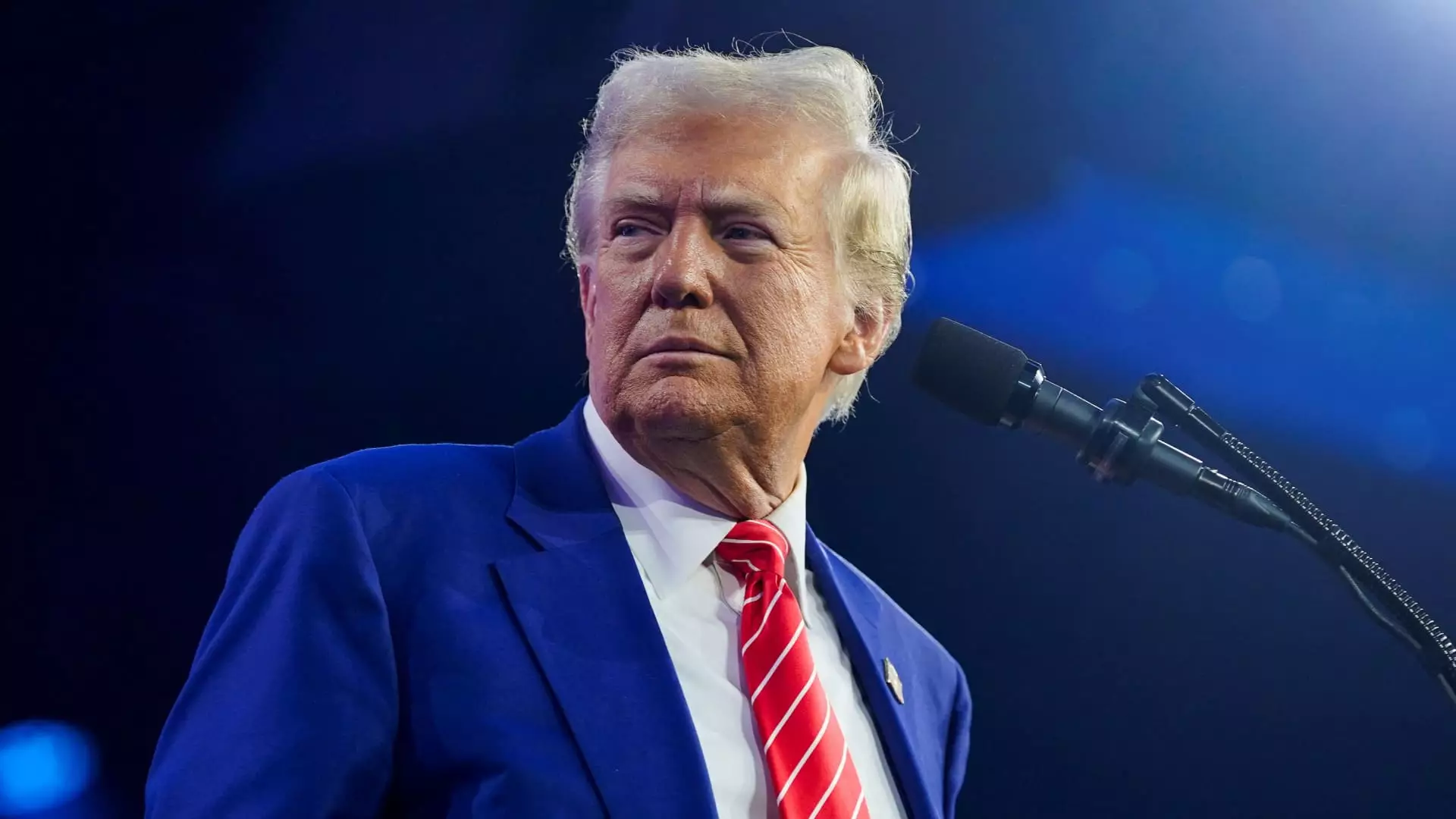In a bold move reflecting the ongoing relationship between politics and technology, President-elect Donald Trump is poised to integrate a diverse group of tech leaders into his forthcoming administration. This shift signals a new chapter, where the influence of Silicon Valley extends deep into the heart of government operations. By selecting individuals with vast technological expertise, Trump aims to rejuvenate public administration through innovative approaches and streamline operations, leaving a significant mark on how government interacts with cutting-edge developments in technology.
Among his notable nominations is Scott Kupor, the managing partner at Andreessen Horowitz, who has been designated to lead the Office of Personnel Management (OPM). This agency, pivotal in coordinating the recruitment and management of government personnel, is seen as a stepping stone for Kupor to drive efficiency and modernity within the federal workforce. His connection with prominent entrepreneurs like Elon Musk and Vivek Ramaswamy, as members of the newly formed Department of Government Efficiency (DOGE), showcases an ambitious agenda to reform the spending habits of the government and curb regulatory overreach.
Trump’s choices reflect not only a strategic alliance with technology leaders but also an effort to infuse his administration with a culture that embraces innovation. Sriram Krishnan, appointed as the senior policy advisor for artificial intelligence within the White House Office of Science and Technology Policy, stands at the forefront of this shift. With a storied career across major tech giants like Microsoft, Meta, and Twitter, Krishnan is expected to contribute significantly to the federal agenda on AI development—an area many policymakers see as crucial for future growth and competitiveness.
The exodus of tech leaders to Washington is emblematic of a larger trend where traditional political landscapes are increasingly molded by digital age frameworks. Krishnan’s prior involvement with Musk as he oversaw operations at X (formerly Twitter) demonstrates the intricate web connecting Silicon Valley to governmental functions. This trend raises critical questions about the intersection of technology, policy, and ethics, especially as tech moguls gain unprecedented access to shaping governmental direction.
Elon Musk’s involvement in Trump’s cabinet builds upon a long-standing relationship between the tech billionaire and the former president, driving concerns and aspirations alike. With Musk’s vast portfolio—which includes pioneering projects in electric transportation, space exploration, and neural technologies—his influence could generate significant repercussions for the nation’s policies in technology and science. As many industries turn towards sustainability and automation, the frameworks instigated by figures like Musk may well define the trajectory of American innovation.
Trump’s decision to appoint David Sacks, a recognized venture capitalist with deep roots in both tech and crypto, as the “czar” for crypto and AI further illustrates the administration’s commitment to leveraging tech expertise in governance. As conversations around digital currencies and ethical AI continue to unfold, Sacks is expected to address the potential implications of these technologies for the economy and everyday citizens.
As tech executives and agencies see newfound alignments, explicit endorsements from Silicon Valley are becoming more prevalent. High-profile figures such as David Marcus and Aaron Levie have publicly lauded Trump’s selections, suggesting that the business community views this collaborative stratagem favorably. This emerging camaraderie contrasts starkly with Trump’s previous term, where many tech firms held an adversarial stance towards his leadership.
Contributions from major corporations like Amazon, Meta, and OpenAI reveal a shift in perception, as they have made significant financial commitments to Trump’s inaugural committee. This development suggests an evolving landscape, where traditional walls between tech and politics are crumbling, leading to a new paradigm where both sectors could potentially thrive together.
Trump’s second term appears poised to give Silicon Valley a prominent seat at the table of governance, paving the way for a tech-infused political landscape. This unprecedented collaboration could reshape the governmental approach to technology and innovation, though it also prompts a critical examination of the implications of such alliances on democracy and accountability.


Leave a Reply